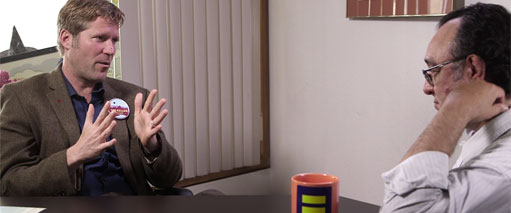Candidate Q&A: Tim Keller And The Details
Crime, Community Policing Are Essential Issues


Tim Keller appears at his public finance kick-off party
Kristen Woods
Latest Article|September 3, 2020|Free
::Making Grown Men Cry Since 1992


Tim Keller appears at his public finance kick-off party
Kristen Woods

